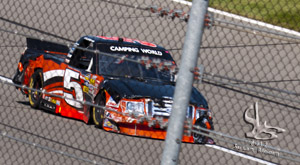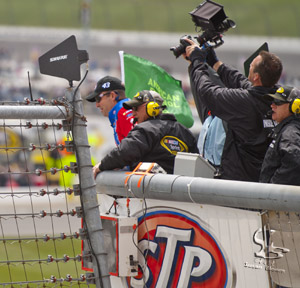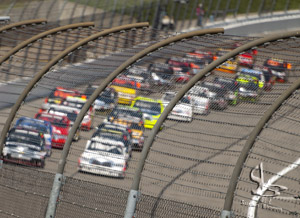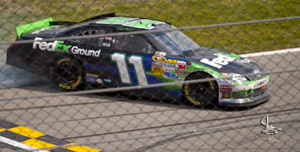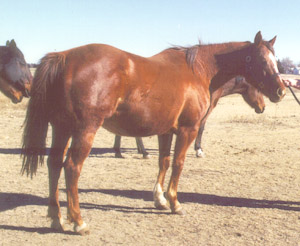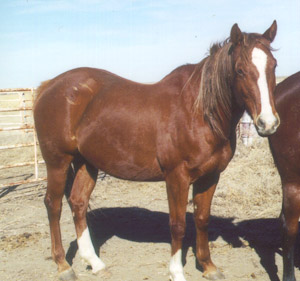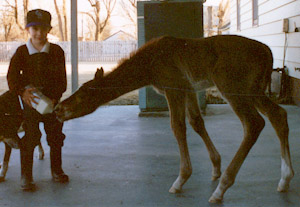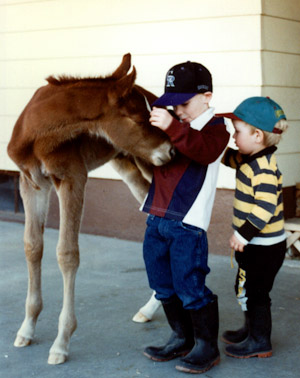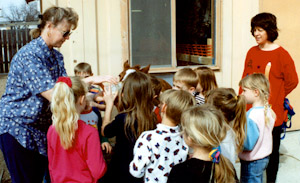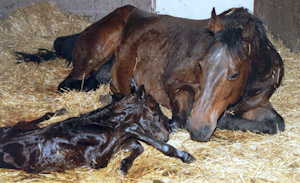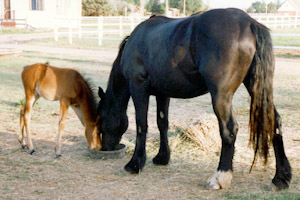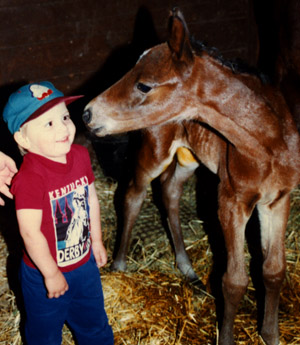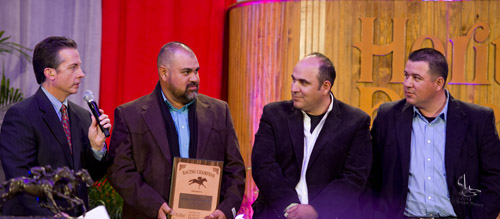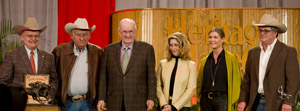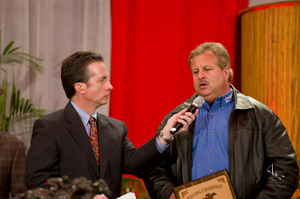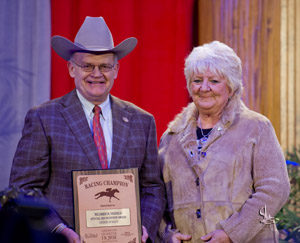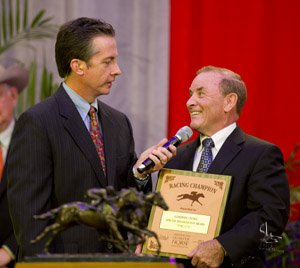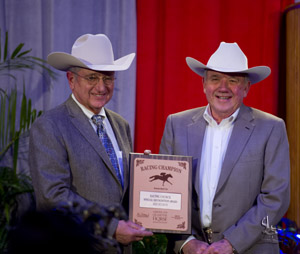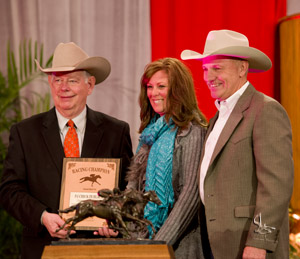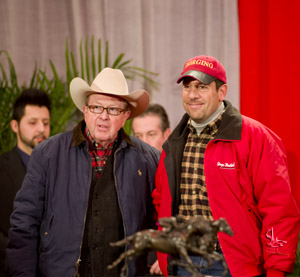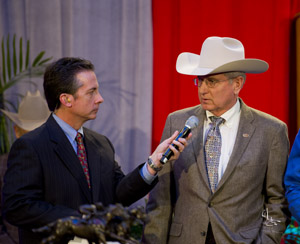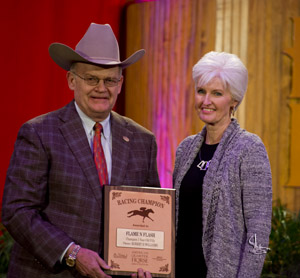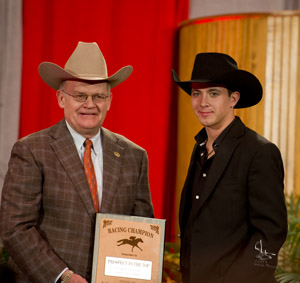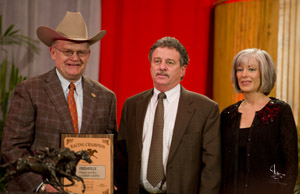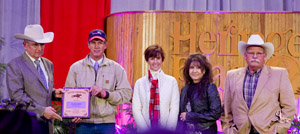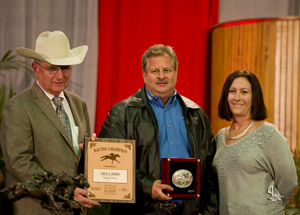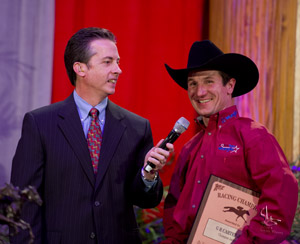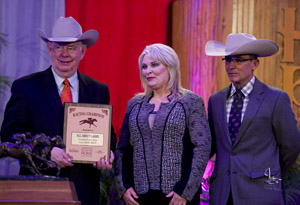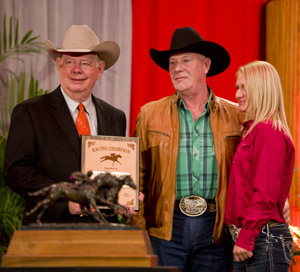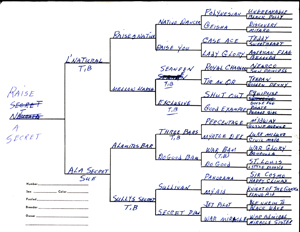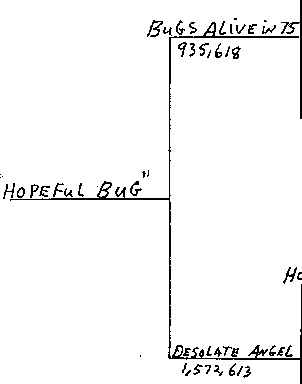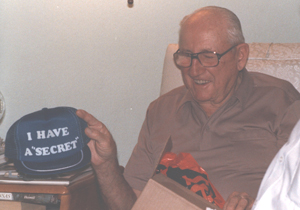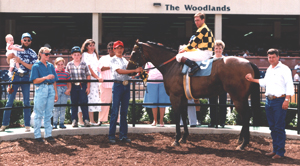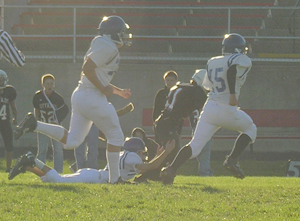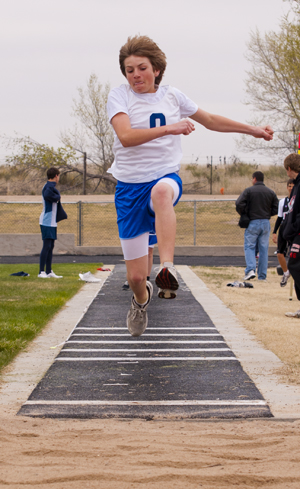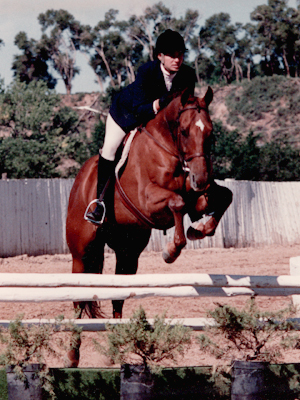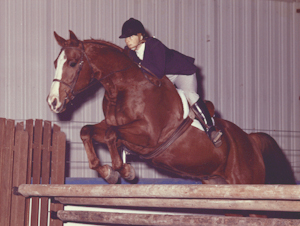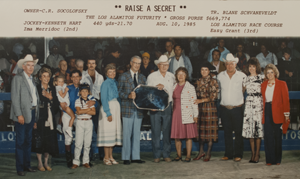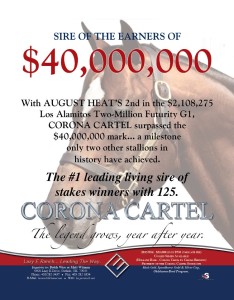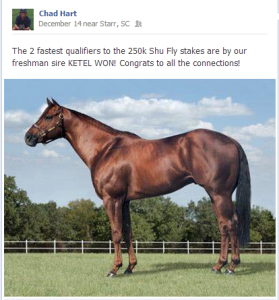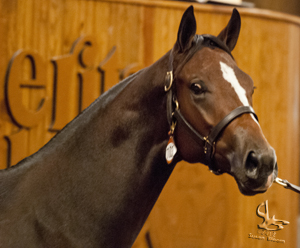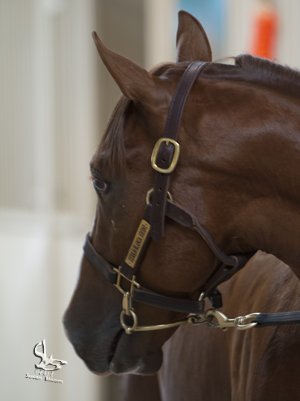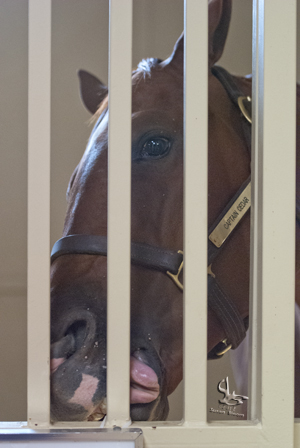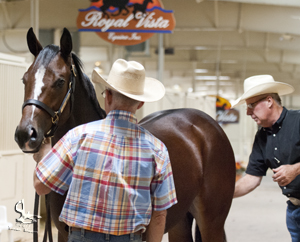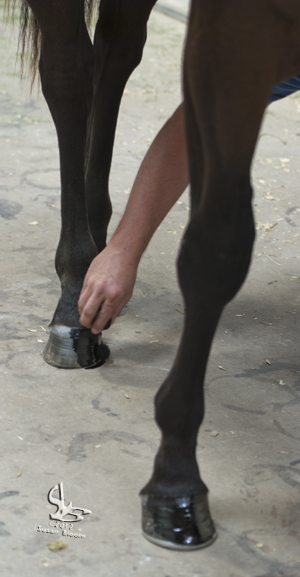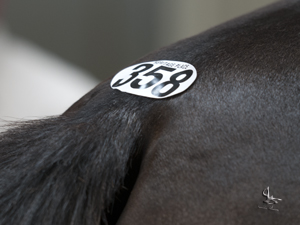Just yesterday the AQHA lost its case about not allowing clones or the offspring of clones to be registered. I don’t have a strong stand against cloning but I do not think that AQHA should be forced to allow clones or their offspring to be registered. It should be up to the members of the association.
The Jockey Club doesn’t allow clones. Is the reason AQHA has been targeted because they have allowed shipped semen to be used? Or maybe it’s because they have allowed the use of embryo transfer and then multiple foals from mares to be registered in the same year.
Honestly, I had reservations about the multiple registrations but it does give the owner of an outstanding mare to make her more of an influence. What about frozen semen? I think it seems a little odd that a stallion who is dead can still be siring foals. What about you?
I had a gelding that I rode in horse shows. It was my understanding that he was gelded because he was a crypt orchid. He was a wonderful competitor and I think he would have made a great sire had it not been for that one problem. If he were still alive should I be allowed to clone him so those genetics could be carried forward?
My grandpa had a gelding who placed third in the All American Consolation and then went on to a very successful 870 career. His half-brother, Raise A Secret, was successful as a sire. Should we have cloned him to see if he had the genetics to be another First Down Dash?
Once we geld a stallion or lose a great mare who’s to say that we shouldn’t have the right to clone them so we don’t lose their genetics? AQHA not allowing us to register those horses or their foals does not take away the right to clone those horses. They only wanted to take away the right to register them within the American Quarter Horse Association so as to preserve the integrity of the breed.
Isn’t it within the rights of a membership organization to not allow for certain horses to be registered? They only allow horses with a certain amount of white to be registered. They only allow horses with certain parents to be registered. Why is cloning different?
The American Quarter Horse Association has not allowed horses that didn’t have registered sires and dams to be registered for years now. Why should it be forced to allow the registration of clones and/or their offspring?
It is entirely within the American Quarter Horse Association and its members’ rights to not allow the registration of cloned horses. Just like it is totally within the Jockey Club’s rights not to allow a horse bred using artificial insemination to be registered.
We need to stand up for what we believe in and let AQHA know that we are not happy with this verdict and support them taking the next step to correct it.

